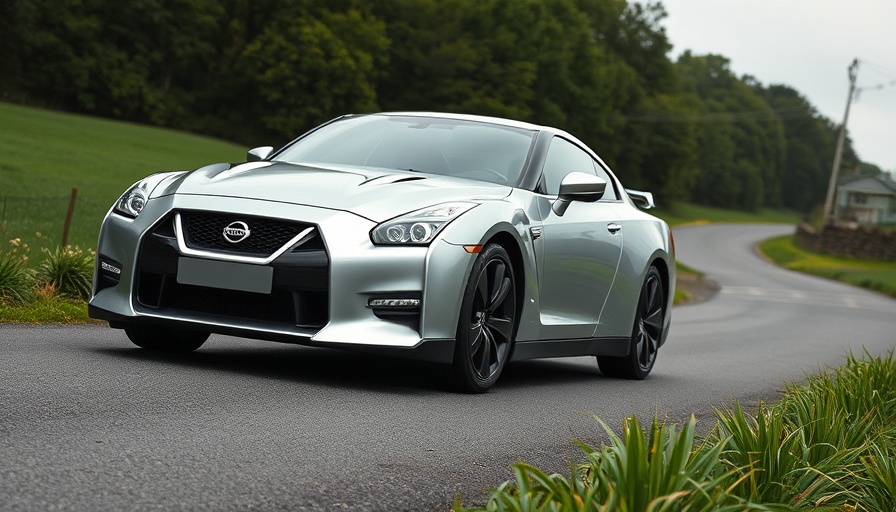
Nissan Shakes Up EV Strategy by Phasing Out Ariya
Nissan is taking a decisive step in its electric vehicle (EV) strategy by confirming that the Ariya, its electric SUV, will not be part of the U.S. lineup after 2025. This decision reflects a strategic pivot towards the next-generation Leaf, a move aimed at enhancing affordability for consumers and aligning with the company's vision of becoming a significant player in the ever-evolving EV landscape.
The Pragmatic Shift: Focus on Affordability
Despite a gradual increase in Ariya sales as Nissan refined its pricing and trims, the reality is more complex. The Ariya is primarily built in Japan, which subjects it to import tariffs that drive up costs for U.S. buyers. Additionally, changing federal EV tax credits have further complicated the transaction prices, leaving the Ariya vulnerable in a highly competitive market
With an entry price around $40,000, the Ariya is caught in a squeeze between lower-priced offerings from competitors such as Kia and Hyundai. Nissan's decision to focus on the Leaf, which is likely to be priced under $30,000, addresses this issue by targeting first-time EV buyers and budget-conscious commuters. Offering a familiar hatchback style combined with greater affordability could re-establish the Leaf as the entry-point EV for American consumers.
Current Market Dynamics and Consumer Preferences
The U.S. EV market is evolving, and preferences are shifting. Consumers today are more price-sensitive due to rising interest rates and fluctuating incentives. A mid-priced electric SUV without federal credits poses a significant challenge, particularly given the competitive nature of the automobile industry.
Nissan's Strategy in a Competitive Landscape
Nissan's decision to halt the Ariya's production strategically aligns with recent changes in its U.S. leadership. The resignation of its U.S. sales and marketing chief coincides with Nissan's clearer product focus. By streamlining its portfolio, Nissan aims to dedicate resources to models with better chances of achieving high sales volume while simplifying manufacturing processes.
What It Means for Current Ariya Owners
For those who currently own an Ariya, there is no immediate impact on their ownership experience. Service support, parts availability, and warranty coverage remain intact. However, the discontinuation of a model can influence the used car market. Limited new supply may stabilize residual values initially, but some buyers might lean towards vehicles with larger owner bases for wider support and resale potential.
The Broader Context of the Automotive Industry
Nissan's adjustments are not isolated; they reflect broader trends within the automotive industry. As the largest automobile producers in the world continue to adapt to changing consumer expectations, companies must navigate complexities such as tariffs, local market conditions, and evolving regulations. This environment pressures established players to innovate and recalibrate offerings faster than ever before.
In the wake of these market dynamics, Nissan's strategic pivot serves as a reminder of the rapid changes facing the automotive sector. As manufacturers adapt and redefine their portfolios, consumers stand to benefit from more competitive offerings across the board.
Bracing For Change: Future Predictions for the Leaf
As Nissan redirects its focus to the next generation Leaf, there's optimism surrounding its potential. The Leaf could reclaim its position in the market, assuming it delivers on range, charging capabilities, and practicality. The electric car segment is expanding rapidly, and if Nissan’s Leaf can effectively cater to evolving consumer priorities, it could pave a way for stronger market presence amidst fierce competition.
Ultimately, Nissan's bold choices illustrate a resilient commitment to remaining relevant in the automotive landscape. For consumers considering options, there has never been a more dynamic time to engage with the electric vehicle marketplace.
 Add Row
Add Row  Add
Add 




Write A Comment